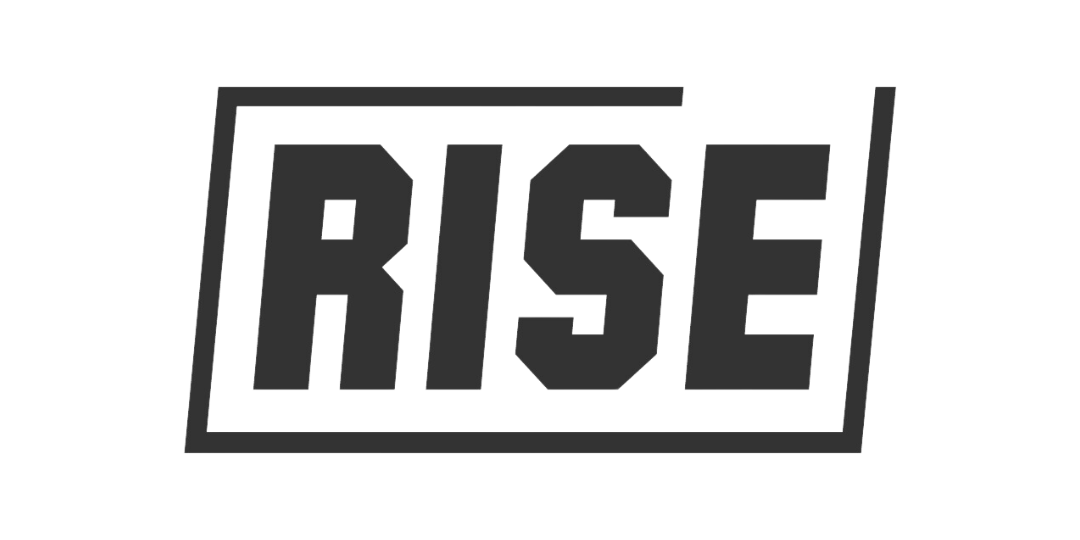Wealthy institutions such as Smith and Harvard can at least feed and shelter students who would otherwise struggle to stay in school. Elsewhere, however, many students may not be able to afford the emergency housing they’ve been offered. For most colleges, room and board are important sources of revenue; at public universities that have lost, collectively, billions in state funding since the last recession, these fees balance ransacked budgets. Public universities and community colleges, which educate the vast majority of low-income students, may be too cash-strapped to meet their material needs.
“You get less support from the government when you’re a student than when you’re not,” Sara Goldrick-Rab, the founder of the Hope Center for College, Community, and Justice, said. For example, students aren’t eligible for many public housing programs. Goldrick-Rab argues that the best way to reduce housing insecurity on college campuses is to combat our country’s broader housing crisis, making shelter more available to all. “Students are humans first, and all humans need housing,” she said. She also advocates rewriting rules that exclude students from affordable-housing programs such as the Low-Income Housing Tax Credit. The fact that students are struggling in a time of disaster “is not primarily a moral failure on the part of colleges. It’s a moral failure on the part of our government,” she said.
Matt Bodo, a homeless student at the University of California, Los Angeles, has lined up three jobs this quarter in an effort to pay his roughly fifty-five-hundred-dollar housing bill while continuing to send money to his mother. One of those roles is as a fellow with Rise, a student advocacy organization that has pressured U.C.L.A. to devote at least a million dollars from a recent $5.5 billion capital campaign to building a shelter for homeless students. “The university seems to have this idea that if you choose not to take out loans and be in crippling student debt, then at that point it’s your choice to be homeless or housing insecure,” Bodo said.
The full article is available on the New Yorker. Please click here to read.

